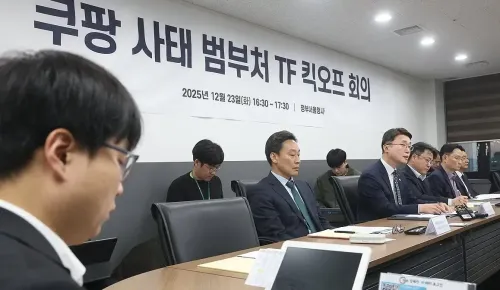How is Airbus Partnering with Gati Shakti Vishwavidyalaya to Innovate in Sustainable Aviation Fuel?

Synopsis
Key Takeaways
- Partnership between Airbus and GSV to innovate in Sustainable Aviation Fuel.
- Focus on converting waste into SAF using Municipal Solid Waste.
- Supports India's circular economy goals.
- Strengthens local research and Make in India initiatives.
- Potential for India to become a global leader in SAF production.
New Delhi, Nov 6 (NationPress) The European aerospace giant Airbus has announced a new collaboration with Gati Shakti Vishwavidyalaya (GSV), an Indian university, to initiate a research and development (R&D) project aimed at converting waste into Sustainable Aviation Fuel (SAF). This Joint Study Agreement (JSA) is tailored to harness GSV's academic prowess alongside Airbus' extensive industry experience to develop scalable, indigenous solutions for SAF production using Municipal Solid Waste as feedstock.
This partnership underscores India's dedication to achieving its circular economy objectives while also reflecting Airbus’ commitment to facilitating the decarbonization of one of the globe's rapidly expanding aviation markets.
“The signing of this JSA signifies a pivotal advance in forming a locally-sourced SAF supply chain, which is essential for the long-term viability of the Indian aviation sector,” stated Jürgen Westermeier, President and Managing Director of Airbus India & South Asia.
This collaboration is set to nurture an environment conducive to applied research, furthering both the 'Make in India' and 'Aatmanirbhar Bharat' initiatives within the energy domain, he elaborated.
Airbus will provide advanced R&D equipment, recruit researchers, and collaborate with the Earth Rakshak Foundation, a local NGO, to aid in municipal waste collection.
The Earth Rakshak Foundation will oversee the gathering and transportation of municipal solid waste from both urban and rural areas for this initiative.
Julien Manhes, Head of Sustainable Aviation Fuels and Carbon Dioxide Removal at Airbus, emphasized that India's diverse feedstock—from agricultural and municipal waste to used cooking oil—positions the nation uniquely as a potential global hub for SAF production. He noted that India's robust technological expertise could enable it to lead globally in SAF innovation.










